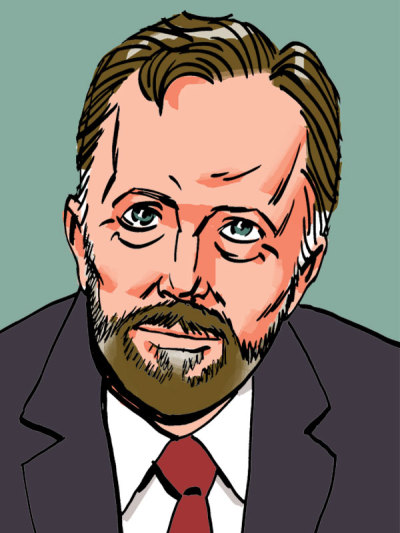On Political Correctness, Truth Telling, and Christians, Muslims Worshiping the Same God

"Surely, Christians and Muslims pray to the same God," we are told often.
Representing a god he named "Allah" — using "allah," the Arabic common noun for "god" — Muhammad taught that the Word did not become flesh, Jesus is not the incarnate Son of God, Jesus did not die on the cross (because such a good man could not die so horribly), Jesus did not die for our sins, Jesus did not rise again from the dead, Jesus is not the Lord, and there is no radical forgiveness in Jesus' name or in anyone else's name. Muhammad's Allah contradicts every key element of the Gospel.
It is not only that Muhammad did not agree with the Gospel, he specifically contradicted every key element of the Gospel. Additional points of contrast between Biblical teaching and Islam could easily be found, too.
So, how can Muhammad's "Allah" be the God and Father of our Lord Jesus Christ? Obviously, this is impossible.
Since there is only one God, we are told, Allah must be the God of the Bible. But, how is that possible if Allah rejects radical forgiveness, degrades Jesus, and even urges his followers to kill Jews and Christians?
Since the God and Father of Jesus Christ is the true God, cannot there be false gods?
The problem is that the categories of "true" and "false" are fading — and have nearly disappeared in some precincts. In our "post-modern" culture, truth itself seems to be a rare concern. Getting along with others and finding safe spaces where our opinions are not challenged — these seem to be higher priorities for many of our post-modern neighbors and friends. Even post-modern scientists and philosophers of science are intensely cautious to not say that even scientists discover objective truth or that scientific revolutions bring us closer to the truth.
As post-modern philosopher of science Stephen Toulmin (1922-2009) said years ago, any claims for any science or other human enterprise getting us closer to the truth would require that we (a) believe in a superior Being that has the truth, and that we also (b) believe we can measure how well our truth-getting is moving closer to that Being's truth. Toulmin and most other post-modern spokespeople reject those two "outdated truth beliefs," out of hand. Instead, to speak correctly with post-modern integrity, we can say only that our science is somehow fueling our technologies with useful ideas.
"Truth" is too theological a term, and theology is "dead."
In Toulmin's and the post-modern ideology, science cannot "progress" if there is no "up" or "down" of truth. Consequently, even the concept of progress is at risk. At least, Toulmin was "truthful" when he admitted this point.
With no objective, living God, there can be no objective truth. Post-modern's dominating atheism and agnosticism tear at the very fabric of science and human enterprise. The post-modern world is a stark spiritual wasteland.
There is an even more tragic down-side: The most powerful post-modern assaults are against any search for the truth about God — or revelation from God. "God-talk" is considered only when the issues are comparisons and contrasts of different people groups' "values," "beliefs," or "culture" — as long as all questions of truth are suppressed. Objective standards for God-talk are excluded as distasteful.
So, we are told that "it does not really matter what people believe," but nothing matters more. People's core beliefs still shape their conduct and character — so the post-modern numbness to truth is very risky — even hazardous!
This post-modern radical detachment from truth has an especially dangerous consequence: No religious belief can be false!
Since no religion can be true, none can be false either. People merely choose their meaning scheme or their religious framework without any conceivable accountability. Their meaning scheme or religious framework may be merely what they were born into — or one that they chose some way — but truth criteria for these commitments are firmly prohibited by post-modern thought police.
One of the ugliest products of the post-modern cultural engagement is "PC," "political correctness." You are not allowed to say anything against some people's behavior or their religion — even if what you are going to say is true — as long as someone's post-modern PC sensibilities might be offended.
If we lived consistently by PC rules, the most important truths would have to be suppressed. Shame on PC!
Time for liberation from the post-modern captivity and its PC oppression! Time to "speak the truth in love," as the Bible instructs.
Love them all. Tell them the truth lovingly. For the glory of the one true and living God.



























